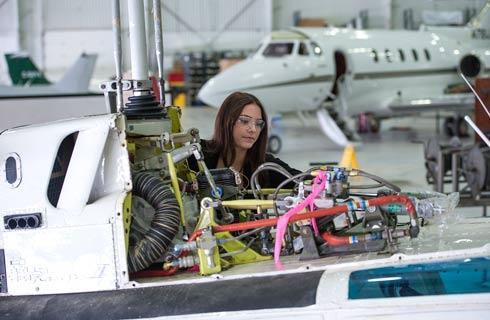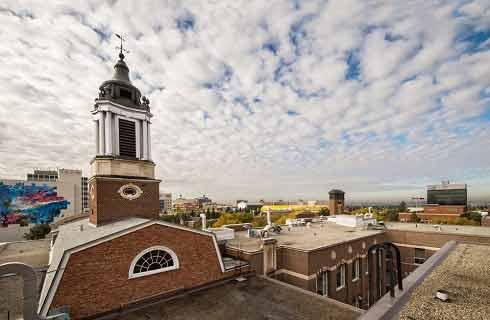Bachelor of Arts and Science - Sociology

学历文凭
Bachelor Degree

专业院系

开学时间

课程时长

课程学费

国际学生入学条件
IDP—雅思考试联合主办方

雅思考试总分
6.0
- 雅思总分:6
- 托福网考总分:80
- 托福笔试总分:160
- 其他语言考试:Pearson Test of English (PTE) Academic - Overall score of 50 with no communicative skills score below 42.
CRICOS代码:
申请截止日期: 请与IDP联系 以获取详细信息。
课程简介
相关申请
 预科
预科 奖学金
奖学金 实习机会
实习机会 在校学习
在校学习 跨境学习
跨境学习 校园授课-线上开始
校园授课-线上开始 在线/远程学习
在线/远程学习
开学时间&学费
学费信息仅供参考,请与IDP联系以获取详细信息
| 开学时间 | 时长 | 学费 | 地点 |
|---|
学校排名

世界排名201
数据源:
泰晤士高等教育世界大学排名
关于奥塔哥大学

成立于1869年的奥塔哥大学是新西兰第一所大学,拥有丰富而杰出的历史。奥塔哥大学在研究和教学方面享誉世界,在QS世界大学排名中位列全球前1%。奥塔哥大学在商业、健康科学和人文科学等领域提供了大量而多样化的学习选项。学生可以从200多门课程中选择。该大学在就业能力、国际化、教学和研究等方面均被QS评为五星。根据高等教育委员会(TEC)的教育表现指标,奥塔哥大学在学生表现和留存率方面也被评为新西兰第一。这强调了奥塔哥为学生提供的教育质量。该机构在新西兰各地都有校区,在达尼丁、惠灵顿、奥克兰、基督城和因弗卡吉尔都有校区。奥塔哥大学的学生群体也是多元化的,达尼丁校区85%以上的学生来自城市以外,全校有3000名国际学生入学。奥塔哥大学的学生享有良好的毕业成果,95%的学生在毕业后继续深造或就业。
本校相关课程
其他相关课程

MPhil/PhD History
 兰卡斯特大学
兰卡斯特大学泰晤士高等教育世界大学排名:185
学历文凭
Ph.D.
开学日期
课程费用总额


拥有一年的历史(政治)文学士学位
 斯旺西大学
斯旺西大学泰晤士高等教育世界大学排名:326
学历文凭
Bachelor Degree with Honours
开学日期
课程费用总额


考古学(荣誉)文学士学位
 伦敦大学伯贝克学院
伦敦大学伯贝克学院泰晤士高等教育世界大学排名:303
学历文凭
Bachelor Degree with Honours
开学日期
课程费用总额


艺术和创意产业文凭-人类学和社会学(C1AN)
 科廷大学学院
科廷大学学院学历文凭
Diploma
开学日期
课程费用总额


BA History and Politics
伦敦大学亚非学院
泰晤士高等教育世界大学排名:455
学历文凭
Bachelor Degree
开学日期
课程费用总额


哲学博士(社会科学与公共政策)
 奥克兰理工大学
奥克兰理工大学泰晤士高等教育世界大学排名:506
学历文凭
Ph.D.
开学日期
课程费用总额
















